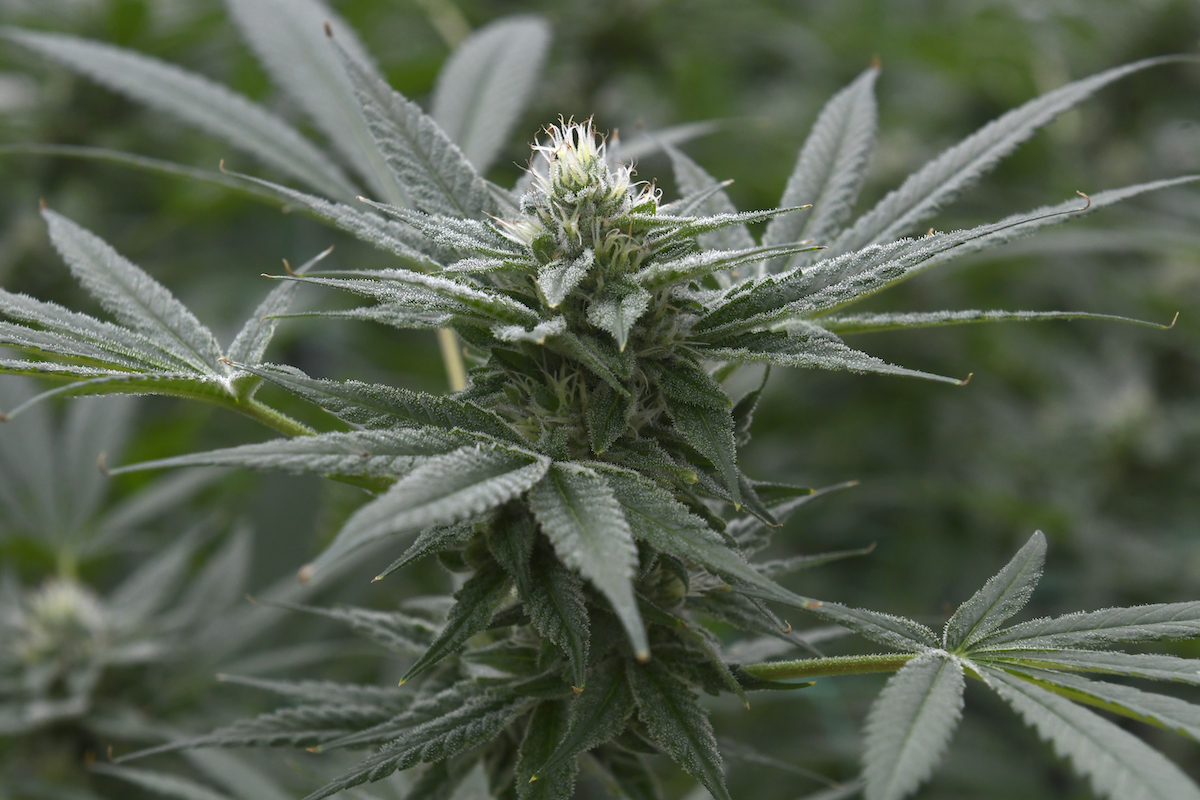Carpinteria Citizens’ Group Seeks State Audit of County’s Cannabis Regulations
Six California Counties to Have Cannabis Licensing and Permit Review Practices Audited

Concerned Carpinterians, a cannabis watchdog group that has sought to rein in the greenhouse “grows” that have proliferated in the Carpinteria Valley in recent years, sent a letter this week to the California State Auditor, requesting that Santa Barbara County be placed “at the top of the list” for investigations of potential corruption in local cannabis regulation and licensing.
The March 27 letter to Auditor Grant Parks comes on the heels of last week’s decision by the state Joint Legislative Audit Committee to authorize an audit of cannabis licensing and permit review practices in six California counties, still to be selected.
The letter was signed by Paul Ekstrom, chair of the Concerned Carpinterians steering committee; and committee members Anna Carrillo, Maureen Claffey, James Mannoia, Nanci Robertson, Carla Singer and Jill Stassinos. It states that the Santa Barbara County cannabis ordinance failed to limit the number of licenses per parcel, established an “‘honors system’ index of cannabis cultivators who simply claimed to be medical marijuana growers,” and allowed growers to self-report their gross earnings for purposes of taxation.
“I’d like to see more transparency in the licensing and tax reporting in this county,” Ekstrom said in an interview this week. “Why did the growers get such a sweet deal?”
State records show that Santa Barbara County is number one in California for active cannabis cultivation licenses, with 1,614, or 22 percent of the total. The county has set a 1,761-acre cap on cannabis, including 186 acres in greenhouses in the Carpinteria Valley. To date, the county has issued zoning permits for 1,140 acres, most of them for outdoor grows in the North County.
In its letter to the state Auditor, Concerned Carpinterians cited a 2019 Los Angeles Times report noting that members of CARP Growers, an industry group, donated $16,500 and $12,000, respectively, to the campaigns of county supervisors Das Williams and Steve Lavagnino in the months leading up to the final vote on the cannabis ordinance on February 27, 2018. (The two supervisors, chief architects of the ordinance, have said the contributions did not influence their decisions.)
Concerned Carpinterians’ own research, based on public campaign statements and summarized in the letter, shows that between October 24, 2016 and December 30, 2022, cannabis industry representatives donated $105,000 to Williams in campaign contributions; and that, between February 20, 2018 and March 2, 2022, they donated $42,400 to Lavagnino.
Concerned Carpinterians also sent the state Auditor a copy of the 2020 Santa Barbara Grand Jury report on cannabis, which found that cannabis growers and their lobbyists had enjoyed “nearly unfettered access” to board supervisors during the creation of the local ordinance, both through in-person meetings and “voluminous emails.”
In a written statement from Washington, D.C., Williams, whose district includes the Carpinteria Valley, said that legalizing cannabis had been the best option in the wake of “50 years of a failed drug war against marijuana.”
“I helped write the S.B. County ordinance in the manner I believed to be best to allow for farms to prosper in order to hurt the black market,” he stated. Williams said he had voted for the acreage cap and “a strong enforcement staff that has raided and busted a large and well-documented number of operations.”
“I know this local group will disparage me forever over having legal marijuana, and the fact I did not take marijuana contributions for a couple years in the midst of this debate obviously does not stop them from attacking me over legal contributions that [were] given six years back,” Williams wrote. “What problems there were with implementation of the ordinance have lessened because of constructive work on all sides. We should concentrate on suppressing the black market and ironing out some of the last problems in the legal market, not reignite this conflict in our community.”
Lavagnino, who also was in D.C., sent the following statement:
“I’m not interested in rehashing the same tired accusations. My focus is on tackling this county’s many needs — addressing homelessness, improving our mental health delivery system, and responding to our recent flooding issues, all of which require the additional revenue cannabis generates.”
News coverage of corruption in the California cannabis industry has included cases of bribery involving officials in San Luis Obispo and San Bernardino counties and Baldwin Park City.
“Tales of backdoor wheeling-and-dealing between companies and public officials have been circulating for years,” Assemblymember Reginald Byron Jones-Sawyer, D–Los Angeles, said last week in requesting the state inquiry.
Melinda Burns is an investigative journalist with 40 years of experience covering immigration, water, science and the environment. As a community service, she offers her report to multiple publications in Santa Barbara County, at the same time, for free.



